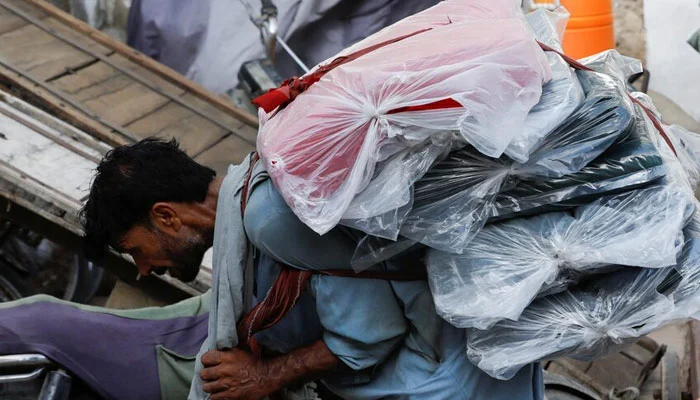Pakistanis Blame Centre for Unfair Resources Distribution Survey 2025
A recent nationwide public opinion survey has revealed that a significant portion of the Pakistani population believes the federal government is not treating all provinces fairly, especially when it comes to resource distribution.
According to the findings shared by the Institute for Public Opinion Research (IPOR), more than 58% of the respondents expressed concern over what they perceive as federal neglect towards the provinces. In contrast, 35% disagreed, stating that provinces receive fair treatment, while 6% chose not to respond.
The study gathered responses from over 1,000 participants from across Pakistan, offering a diverse reflection of public sentiment.
Sindh, Balochistan, and KP Voice Strongest Concerns
Among the provinces, Sindh recorded the highest dissatisfaction, with 74% of its participants reporting unequal resource allocation. Balochistan followed closely with 68%, and Khyber Pakhtunkhwa at 65%. In Punjab, the perception of unfairness was comparatively lower, with 47% of respondents echoing the sentiment.
Root Causes of Nationalist Sentiment
The survey also examined the factors that propagated increasing tendency towards nationalism in several regions. According to the results:
-
33% attributed the rise in nationalism to political exclusion.
-
21% pointed towards a lack of developmental progress.
-
14% cited foreign involvement.
-
10% blamed state-driven violence.
-
6% identified ethnic discrimination as the main trigger.
What Should the Government Do to Strengthen the Federation?
When asked about solutions to stabilize and strengthen Pakistan, the public proposed several key reforms:
-
28% recommended reinforcing democratic institutions.
-
19% advocated for fair distribution of resources.
-
16% urged an end to undemocratic interventions.
-
15% highlighted the importance of human rights protection.
-
13% emphasized recognizing and respecting regional identities.
Representation Concerns Also Prominent
Beyond issues of resource distribution, 66% of participants expressed that they do not feel genuinely represented in the current political system. On the other hand, 27% believed that their elected officials in the assemblies truly represent their interests, while 7% chose not to comment.

